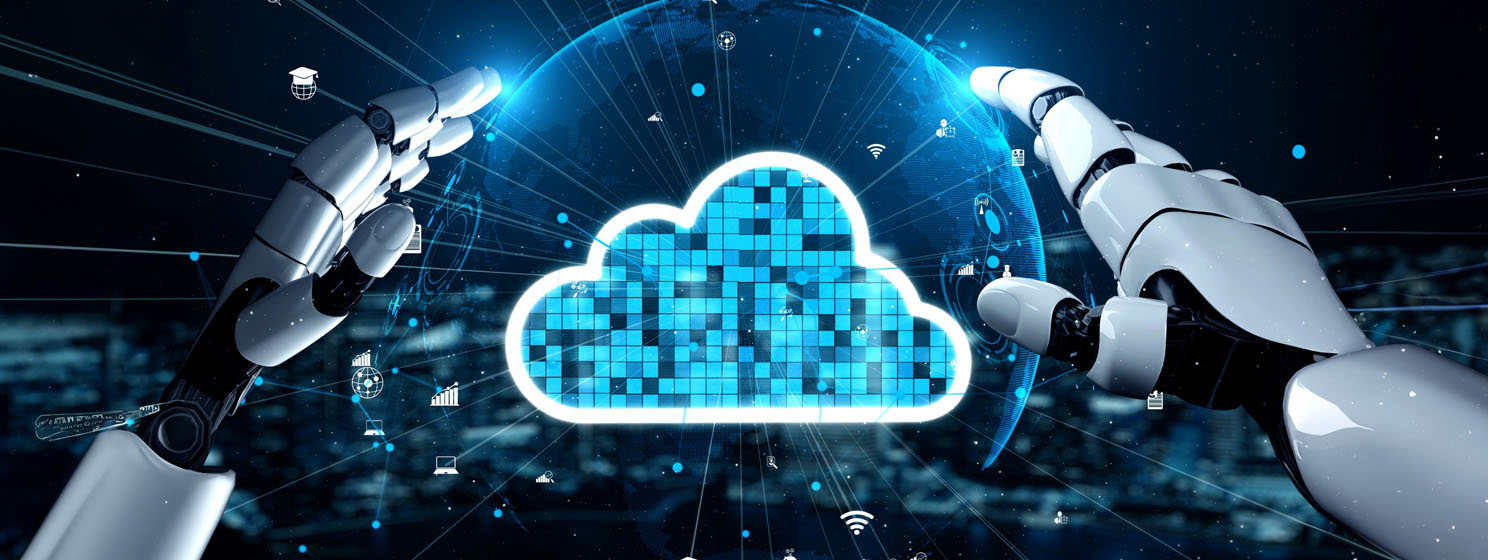|
Getting your Trinity Audio player ready...
|
This post is a guest contribution by George Siosi Samuels, managing director at Faiā. See how Faiā is committed to staying at the forefront of technological advancements here.
In a move that signals a tectonic shift in how artificial intelligence (AI) is deployed, Google (NASDAQ: GOOGL) is now allowing companies to run its powerful Gemini models on their own infrastructure—no longer confined to the cloud.
While this may seem like a technical nuance, its implications stretch far beyond AI alone. For those operating in the blockchain space—especially on the enterprise level—this unlocks an entire new layer of possibilities.
Let’s explore what this change really means.
Cloud-only AI is ending—here’s why that matters
Until recently, deploying AI models meant sending your data to the cloud—relying on Google, OpenAI, or other centralized providers. This raised red flags for companies managing sensitive data or operating in regulated jurisdictions. It also created dependencies: your AI workflow was only as stable as your cloud connection.
Now, with Gemini models deployable on-premise, companies gain:
- Data sovereignty (no more forced data transfers across borders)
- Lower latency (real-time inference, no roundtrips)
- Resilience (no cloud outages disrupting operations)
- Version control (stable, auditable AI behavior)
If you’re in enterprise, those four factors likely sound familiar. Because they’re the same design principles that underpin permissioned, regulated, or consortium-based blockchain networks.
This is where the convergence begins.
Blockchain + on-prem AI = A new trust stack
Enterprise blockchain systems thrive on predictability, traceability, and compliance. But when AI services are hosted externally and evolve rapidly, they introduce friction into blockchain-integrated workflows.
By co-locating AI and blockchain logic on the same infrastructure, companies can now:
- Process sensitive data with zero exposure risk
- Use AI for smart contract triggers—without relying on fragile application programming interfaces (APIs)
- Audit and log AI decisions for regulatory compliance
- Build AI-powered agents that act autonomously but transparently
In short: AI is no longer a black box. It can now become a trusted component in blockchain systems that demand determinism and verifiability.
Real-world scenarios emergingHere are a few practical examples of what this enables:
- Finance: An AI model validates trade documents locally, triggering blockchain-based settlement while maintaining audit trails.
- Healthcare: Sensitive patient data is analyzed by on-prem AI before writing anonymized insights to a shared ledger for research or insurance.
- Supply Chain: Local LLMs interpret customs forms, flag inconsistencies, and push verified entries to a cross-border blockchain registry.
This isn’t science fiction—it’s where things are headed. And with privacy legislation tightening worldwide, localized AI + blockchain may become the only compliant path forward.
For governments and sovereign tech builders
For nations like China, India, or others exploring digital public infrastructure (DPI), this change is even more significant.
Running LLMs locally means:
- No need to rely on U.S.-centric cloud infrastructure
- The ability to train AI on local languages or dialects
- Seamless integration with national blockchains or ID systems
It’s a path toward digital sovereignty that’s both compliant and scalable.
Final thought: This is the new tech stack
If the last decade was about blockchain decentralizing trust, the next will be about AI decentralizing intelligence.
With both now deployable locally, a new architectural stack emerges:
🔗 Blockchain = Verifiable trust
🤖 AI = Intelligent reasoning
🧠 Local Deployment = Sovereign execution
This is a new design frontier.
For entrepreneurs, system architects, and national technologists alike, the opportunity now is to build resilient, culturally-aligned, and privacy-preserving systems where AI and blockchain no longer live in silos—but operate side-by-side, on your own terms.
In order for artificial intelligence (AI) to work right within the law and thrive in the face of growing challenges, it needs to integrate an enterprise blockchain system that ensures data input quality and ownership—allowing it to keep data safe while also guaranteeing the immutability of data. Check out CoinGeek’s coverage on this emerging tech to learn more why Enterprise blockchain will be the backbone of AI.
Watch: Adding the human touch behind AI

 02-26-2026
02-26-2026 




